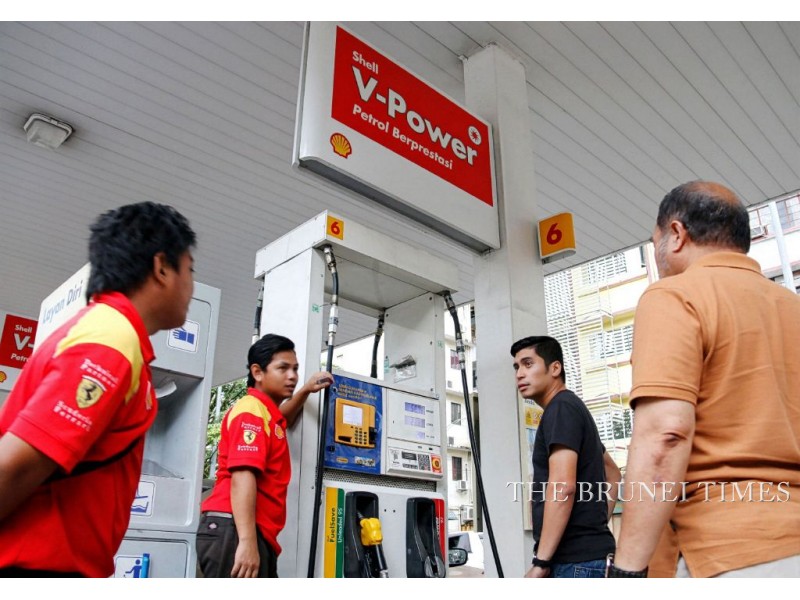Brunei had recently ratified the Paris Agreement in September, committing the nation to set goals in order to keep global temperature rises to a maximum of two degree Celsius above pre-industrial levels while aspiring to a 1.5 degree limit.
“At the core of the climate change is a fundamental market failure to reflect the full social, economic and environmental costs of greenhouse gas emissions,” ADB said in its flagship report Asian Development Outlook (ADO)
The Manila-based lender said removing costly subsidies is a critical first step.
“Many Asian economies subsidize fossil fuels, which encourages their use while undercutting returns on clean energy investments,” said the report. Brunei is one country that continues to have untargeted fuel subsidies.
ADB said eliminating subsidies can set the right incentives for resource use while freeing up public funds to support the low-carbon transition.
“Land-use arrangements and fossil fuel prices routinely fail to reflect the cost of damage from resulting carbon emissions, which encourage emitters to ignore their carbon output. In some cases, government subsidies on fuel and land use exacerbate this problem,” ADB said.
ADB said imposing a carbon tax, can force emitters to consider their environmental costs. Governments can compel firms to pay the cost of their emissions through a carbon tax, which is a relatively straightforward approach to implement and make carbon prices predictable.
ADB said there’s a need to reduce risk and facilitate finance to spur clean energy investment. The public sector can help attract private investment in clean energy by reducing risk and by supporting pilots of new technologies.
ADB emphasized the importance of a transition of high-carbon fossil fuel energy generation to a low-carbon model as the most potential in mitigating climate change.
“Nearly half of the region’s 2050 mitigation in the two degree scenario can come from making energy production less carbon intensive,” ADB said, citing the deployment of renewable energy sources, biomass and carbon capture and storage.
In a previous report, Minister of Energy and Industry at the Prime Minister’s Office Yang Berhormat Pehin Datu Singamanteri Col (Rtd) Dato Seri Setia (Dr) Hj Mohd Yasmin Hj Umar said the government will engage stakeholders in setting realistic targets.
The minister said the government will look into ways of reducing the country’s reliance on oil and gas for its energy needs.
“Brunei is a small coastal state that is vulnerable to the impact of climate change and is firmly committed, as a responsible member of the international community, to preserve the environment and continue to be a symbol for environmental excellence in the ASEAN region,” the Energy and Industry Department at the Prime Minister’s Office said in a statement.
Source: The Brunei Times | 29 September 2016














